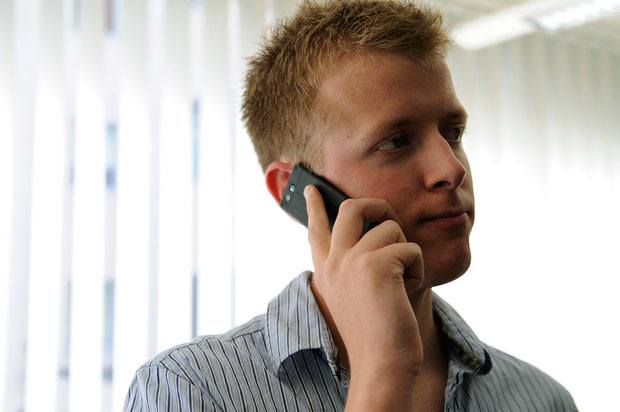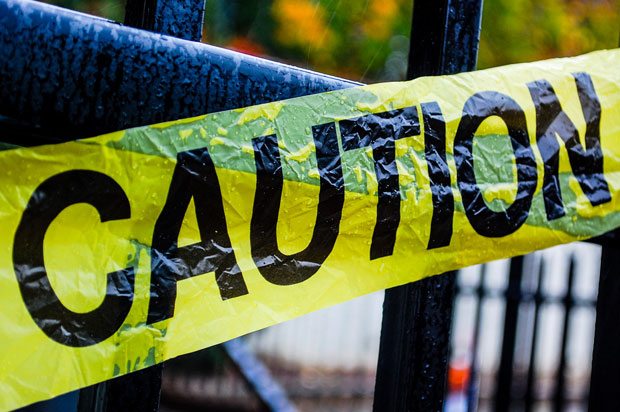What is legal aid?

What is legal aid, who can get legal aid and what does it cover?
If you need help with a legal matter or court case, you may have heard of something called legal aid. But what is legal aid? Here we’ll be answering some common questions about legal aid, who can get it, and what it covers.
Legal aid: what it is
Legal aid is money from the government to help pay for legal advice, family mediation, or representation in a court or tribunal. It’s generally for people who otherwise couldn’t afford their own legal costs.
What type of problem can I get legal aid for?
That depends on the situation. “Sometimes people don’t actually realise their problem is a legal matter,” says Carolyn Osbourne, who runs the Young People’s Programme at the Law Centres Network. “If you’re having problems with a social worker or landlord for example, you might be able to get a lawyer to help you.”
See our guide to common landlord problems here.
Legal aid can help cover things like:
- Advice about your rights and what you might need to do next.
- Help and assistance before a case goes to court.
- A solicitor or barrister to represent you in court.
- Mediation in family disputes which might include issues involving children, money or your family home.
- Help drawing up legal agreements.
Who can give legal aid?
Organisations providing these services must have a contract with the government’s Legal Aid Agency, so you can’t just pay a mate who’s doing a law course.
Who can get legal aid?
Whether you get legal aid depends on:
- Whether you’re involved in a ‘criminal’ or ‘civil’ case.
- Your financial situation, including wages, benefits and savings.
- If there’s a good chance of winning your case.
- If it’s going to be worth the time and cost of winning.
What can I get criminal legal aid for?
If you’re arrested and held at a police station, a police custody officer should help find out if you can get legal aid. Learn more about your rights on arrest here.
If you’ve been charged with a crime: You’ll probably only get legal aid if there’s a chance you could go to prison. “If you’re just facing a small fine or a conditional discharge, you probably won’t get it,” says Peter Grogan, partner at law firm JMW.
Crown Court trials: You might get legal aid if your disposable household income is under £37,500 per year.
Other court cases: You might get legal aid if your disposable household income is under £22,325.
If your lawyer thinks you’ve been turned down unfairly: They can argue with the decision. “If my view differs, I’ll be persuading them that it’s more serious than they thought,” says Peter.
There’s no criminal legal aid checker online – read our advice below on finding out whether you’re eligible or not.
Sometimes people can get legal aid even though their case is not in the scope of the Legal Aid, Sentencing and Punishment of Offenders Act 2012 (LASPO). This is known as exceptional case funding (ECF).
The gov.uk website provides exceptional case funding guidance and shows you how to apply here.
Will I be able to get civil legal aid?
First, check whether you’re covered. For civil (non-criminal) matters like housing, family, education, mental health and community care matters, legal aid only covers a set list of situations.
These include:
- Family issues, such as social services being involved with your children, injunctions against a violent partner or family member where there’s a risk of abuse, or forced marriages.
- Housing problems, for example if you’re facing eviction, you’re at risk of losing your home due to mortgage arrears or your rented property is in a serious state of disrepair.
- Issues with the care that’s being provided for an older or disabled relative.
Civil legal aid doesn’t usually cover employment issues unless you’ve been discriminated against.
Civil legal aid depends where in the country you are – check if you qualify:
- England and Wales: legal aid checker.
- Scotland: online calculators.
- Northern Ireland: legal aid information (no calculator available).
You can see if you’re eligible for free and confidential Civil Legal Advice on the gov.co.uk website.
How do I apply for legal aid?
The good news is that you don’t have to make sense of the application forms by yourself. If you find a law firm or organisation to help you, they’ll guide you through the application process and make sure you get all the necessary information together.
“People come to us with a problem,” says solicitor Peter Grogan. “For example, they might have been charged with theft from a shop. We’ll help them with the process of applying for legal aid.”
Find a solicitor: You could search online for solicitor advice and assistance in England or Wales, Scotland, or Northern Ireland (for NI, select ‘Legal Aid’ in the ‘Search by Category’ menu). Solicitors can potentially help with both criminal and civil matters.
Find a Law Centre: If you don’t fancy going to a law firm, you can get advice about civil matters from one of 45 Law Centres across the UK. These are partly funded by legal aid and the advice they give is always free.
Some of their services are specifically geared towards young people, such as text message advice services. Start by finding your nearest centre to see what they offer.
The application process
Do I have to fill in the forms myself? No. The law firm or organisation helping you apply will go through the forms with you. It can still be a stressful process, but they want the funding to help with your case so they’ll do their best to get it for you.
What information will they ask for? You’ll probably need to give details of any wages or benefits you receive, any savings or property you have, and your monthly outgoings – so expect to be asked for things like bank statements, bills and your National Insurance number.
If you’ve experienced domestic violence or abuse: If you’re separating from an abusive partner, government rules mean you must provide proof that you’ve been abused.
Is legal aid free?
Not necessarily. You might be asked to pay something towards it – you’ll be told about this when your application is processed.
Criminal cases: If you’re found guilty, you’ll probably have to pay towards the cost of your case. If you’re found not guilty, you’ll get any payments back.
Civil cases: If you get some money at the end of your case, some of it may have to go towards paying back your legal aid. This is called a ‘statutory charge’. Sorry – it’s because legal aid is technically a loan.
What if the money runs out? You’ll be awarded a fixed amount of legal aid money to start with. If you need more, the lawyers helping you will apply for it. They can do this multiple times if needed.
What if my financial situation changes? You have to report any changes straight away, whether you’ve got more money because of a new job or inheritance, or your situation has got worse. Your legal aid award may need to change as a result.
I thought legal aid was impossible to get – what are the alternatives?
Don’t panic. You’re not alone – there are loads of people who need legal help, but can’t afford to pay for it. Luckily there are plenty of sources of help out there.
Free half-hour sessions
Lots of solicitors will give half an hour’s advice for free. Try calling a local firm and asking if they’ll do this. Many will happily talk to you on the phone there and then, and they should give helpful advice without pushing you to use their services.
Local advice centres
Try your nearest Citizens Advice Bureau, Law Centre, LawWorks Clinic (in England and Wales) or Free Legal Services Advice Unit in Scotland. They can refer you on to organisations like the Advocate, which provides free barristers for people who can’t get legal aid.
Insurance policies
Some house and car insurance policies include cover for legal costs, as do some bank accounts. If you’re in a trade union, check if they provide legal cover.
Help with housing
Shelter: Ring Shelter’s free advice line or search for a local housing advice service.
Duty desks: Some county courts have an in-house advice desk for people at risk of losing their homes. Contact Shelter for more information about this scheme.
Help with family law: Some members of Resolution (formerly the Solicitors Family Law Association) will be able to help you. Search for a local member online.
Help with immigration: You can use the gov.uk website to search for a regulated immigration adviser.
Representing yourself
More and more people are representing themselves in court, because they can’t get legal aid and can’t afford a solicitor. This is to be avoided if possible because if you don’t know how the justice system works you’re likely to end up losing. If you do decide to go it alone, The Bar Standards Board has published a guide to representing yourself.
Where else to get help
Citizens Advice provides free help with housing, money and legal problems. Find your local centre here. The Law Centres Network website can also help you find legal advice in your area.
Legal aid NI
If you’re in Northern Ireland, check out the legal aid section on the Department of Justice website.
Next Steps
- Citizens Advice offer free help with housing, money and legal problems. Find your local centre.
- The Law Centre's Network website can help you find your nearest law centre so you can get legal advice.
- Chat about this subject on our Discussion Boards.
By The Mix Staff
Updated on 31-Mar-2023
No featured article








